FTC's Appeal Challenges Court Ruling On Microsoft's Activision Acquisition
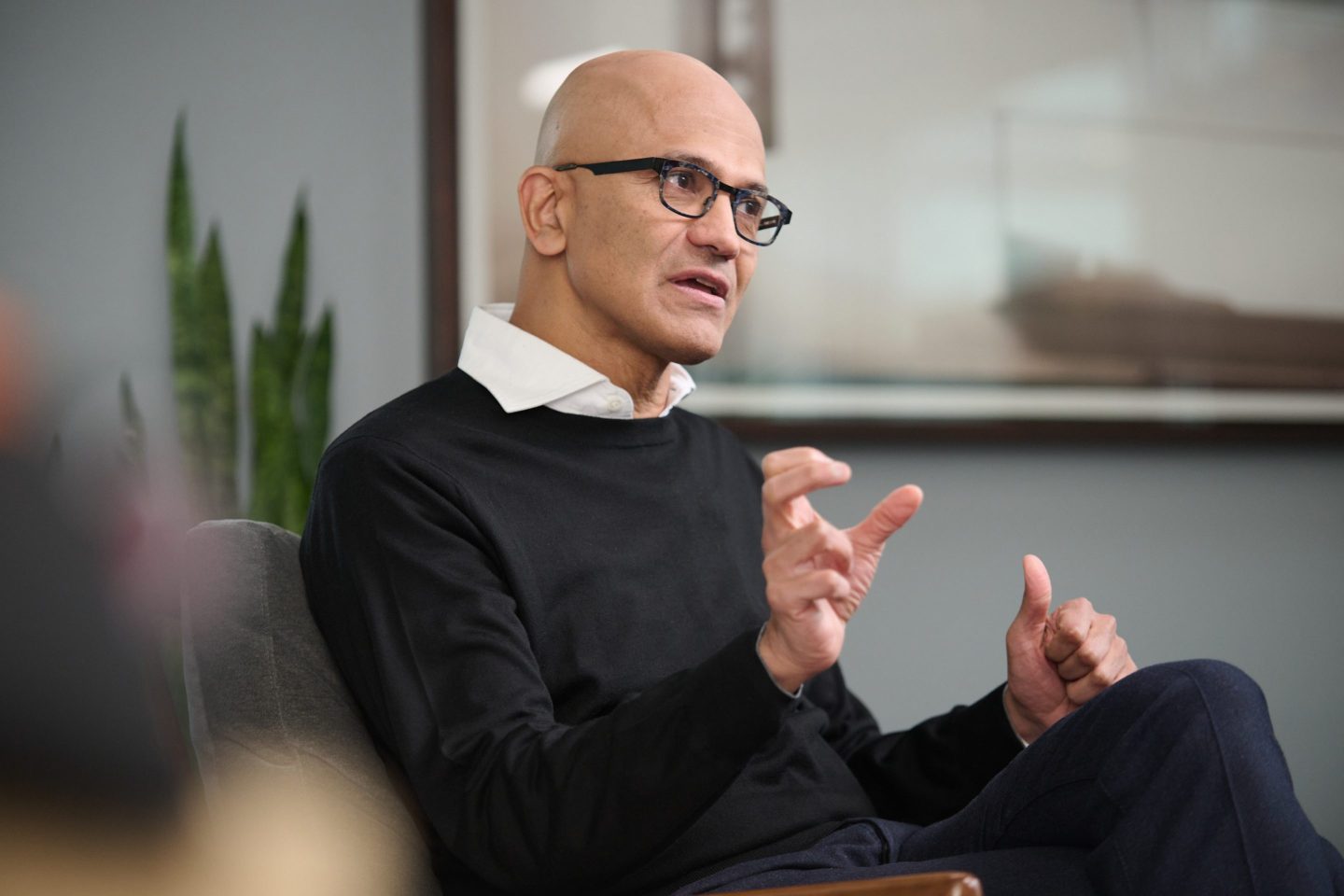
Table of Contents
FTC Concerns: Anti-Competitive Practices and Market Domination
The FTC's primary argument against the Microsoft-Activision merger revolves around concerns about anti-competitive practices and the potential for market domination. The agency believes that allowing the acquisition to proceed would significantly harm competition within the video game market. Their central worry is that Microsoft, already a major player with its Xbox consoles and Game Pass subscription service, would leverage its control over Activision's popular franchises, particularly Call of Duty, to stifle competition.
The FTC presented several key arguments to support their claim:
-
Exclusive Content and Reduced Competition: The FTC argued that Microsoft could make popular Activision games, like Call of Duty, exclusive to its Xbox ecosystem, thereby harming rival consoles like PlayStation and potentially pushing gamers towards Xbox. This exclusivity would reduce consumer choice and potentially lead to higher prices.
-
Stifling Innovation: The FTC expressed concern that the acquisition would reduce the incentive for Microsoft to innovate and improve its gaming services, given the reduced pressure from competition.
-
Market Domination in Cloud Gaming: The FTC also highlighted concerns about Microsoft's potential dominance in the burgeoning cloud gaming market, asserting that the acquisition would significantly increase its market share and power.
-
Subscription Service Dominance: The addition of Activision's substantial game library to Xbox Game Pass could further solidify its position as the leading subscription gaming service, leaving other competitors struggling to attract and retain subscribers.
District Court's Decision: A Favorable Outcome for Microsoft
The District Court, however, rejected the FTC's attempt to block the merger. The court's ruling centered on the belief that the FTC had failed to provide sufficient evidence to demonstrate that the merger would substantially lessen competition. Key aspects of the court's decision included:
-
Insufficient Evidence of Anti-Competitive Behavior: The judge found that the FTC’s claims of anti-competitive behavior lacked concrete evidence and were based on speculation rather than demonstrable facts.
-
Microsoft's Commitments: The court weighed heavily Microsoft’s commitments to maintain Call of Duty's availability across various platforms, including PlayStation, alleviating concerns about exclusivity. These commitments were seen as mitigating potential harm to competitors.
-
Positive Market Impact (Court's Perspective): The court seemed to believe that the merger would ultimately lead to benefits for consumers, potentially including lower prices and more innovation. This positive assessment contrasted sharply with the FTC's concerns.
FTC Appeal: Potential Impacts and Future Scenarios
The FTC's appeal is based on their belief that the District Court erred in its judgment, primarily by underestimating the potential for anti-competitive behavior. The appeal could lead to several outcomes:
-
Upholding the Initial Ruling: The appeals court could affirm the District Court's decision, allowing the merger to proceed. This would be a significant victory for Microsoft and a setback for the FTC's regulatory efforts.
-
Reversal of the Ruling: The appeals court could overturn the District Court's decision, blocking the merger. This outcome would have substantial repercussions for Microsoft and the gaming industry.
-
Remand to District Court: The appeals court could remand the case back to the District Court for further review or additional evidence. This would delay the acquisition and prolong the legal battle.
The outcome will significantly impact the timeline of the acquisition, set a precedent for future mergers and acquisitions in the tech industry, particularly in the gaming sector, and profoundly influence the regulatory landscape surrounding such deals.
Conclusion: The Future of the Microsoft-Activision Deal and FTC Regulation
The legal battle surrounding the FTC's Appeal Challenges Court Ruling on Microsoft's Activision Acquisition highlights the complexities of antitrust regulation in the rapidly evolving tech industry. While Microsoft argues for the merger’s potential benefits, the FTC emphasizes the potential for anti-competitive practices. The appeal's outcome will have significant implications for the future of gaming, setting a precedent for future mergers and acquisitions in the technology sector. The FTC’s efforts underscore the importance of robust antitrust enforcement to prevent market monopolies and maintain fair competition. Stay informed about further developments in this crucial case by following reputable news sources and legal updates concerning the FTC’s appeal and its impact on the gaming landscape. Understanding the nuances of this case is critical for anyone interested in the future of the gaming industry and the dynamics of tech mergers and acquisitions.

Featured Posts
-
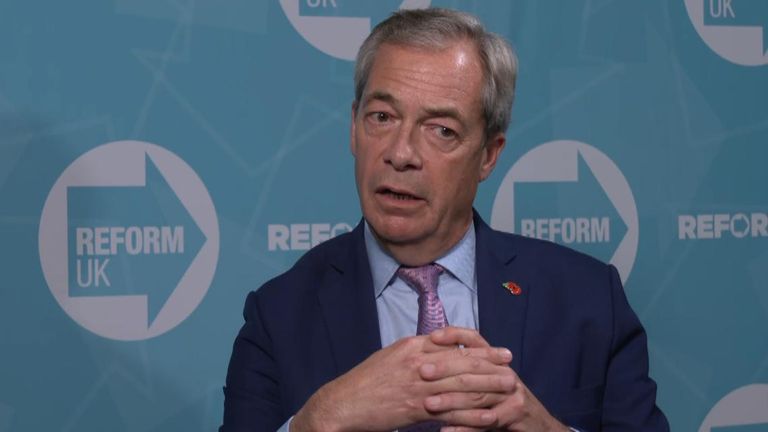 Reform Uks Holyrood Gamble Farage Sides With Snp
May 04, 2025
Reform Uks Holyrood Gamble Farage Sides With Snp
May 04, 2025 -
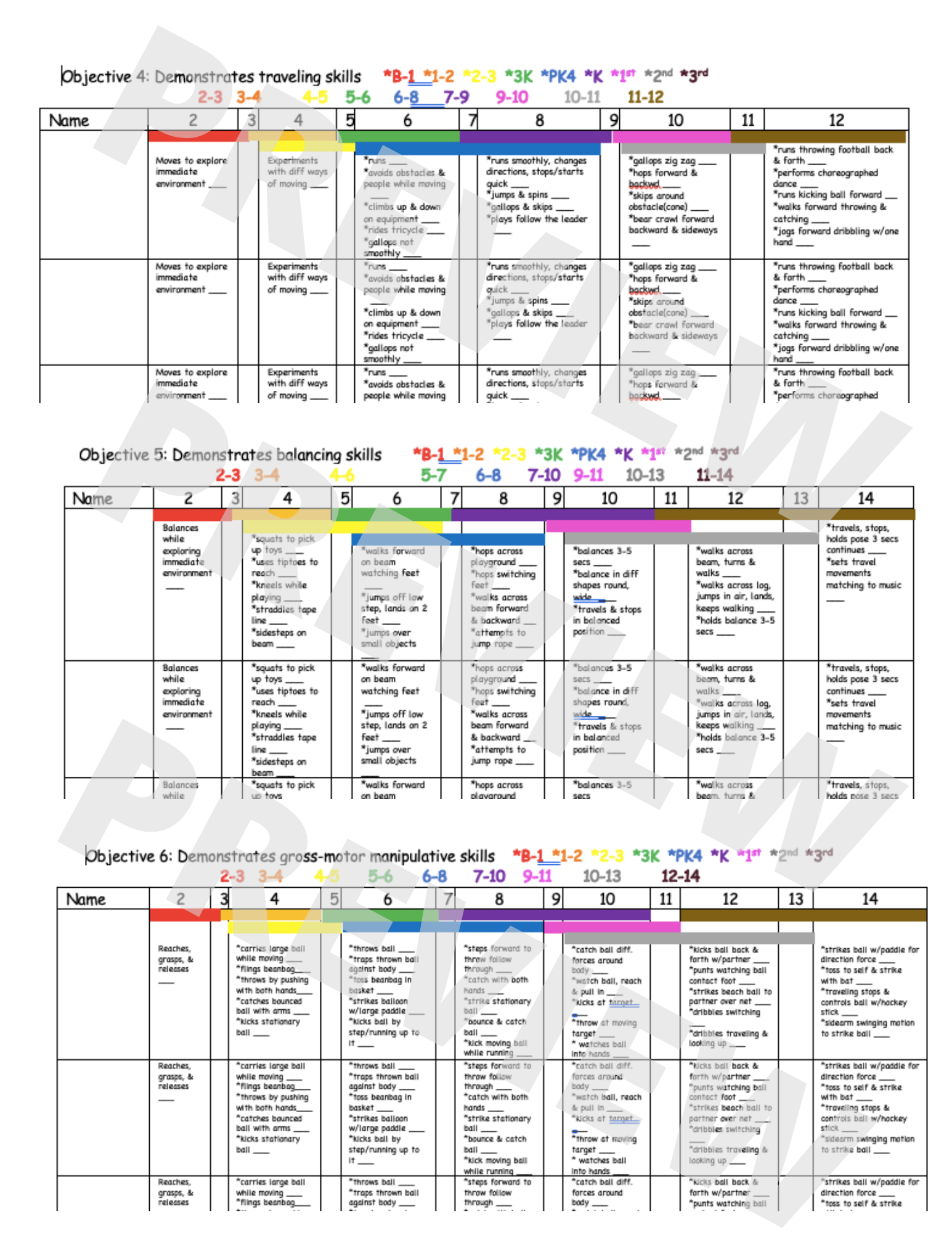 Maintaining Marvels Magic A Look At Creative Strategies And Challenges
May 04, 2025
Maintaining Marvels Magic A Look At Creative Strategies And Challenges
May 04, 2025 -
 Australian Election 2024 Reflecting Global Anti Trump Sentiment
May 04, 2025
Australian Election 2024 Reflecting Global Anti Trump Sentiment
May 04, 2025 -
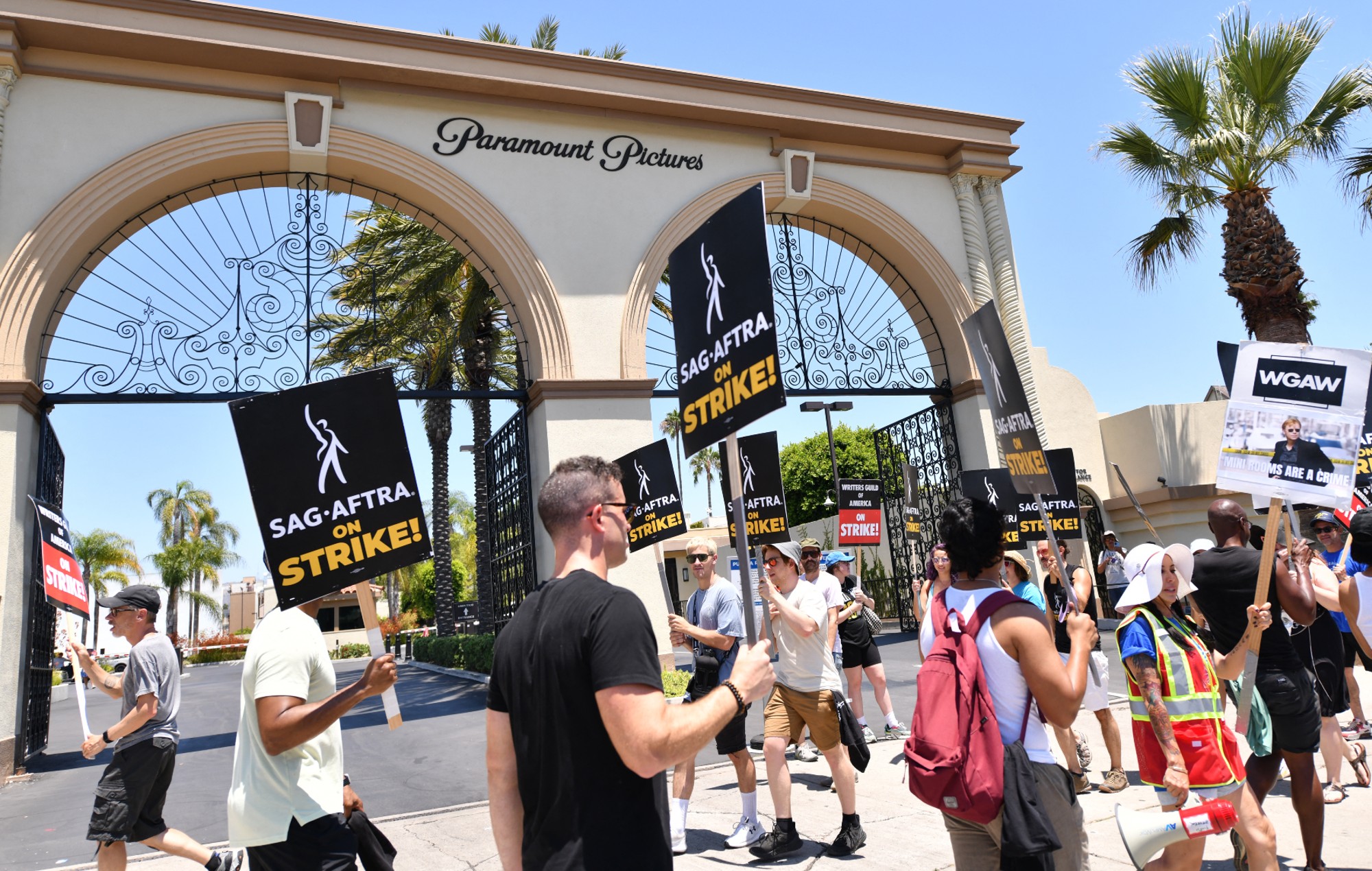 Hollywood Production Halts Writers And Actors Strikes Combine
May 04, 2025
Hollywood Production Halts Writers And Actors Strikes Combine
May 04, 2025 -
 Australia Election Update Labor Leads As Voting Gets Underway
May 04, 2025
Australia Election Update Labor Leads As Voting Gets Underway
May 04, 2025
Latest Posts
-
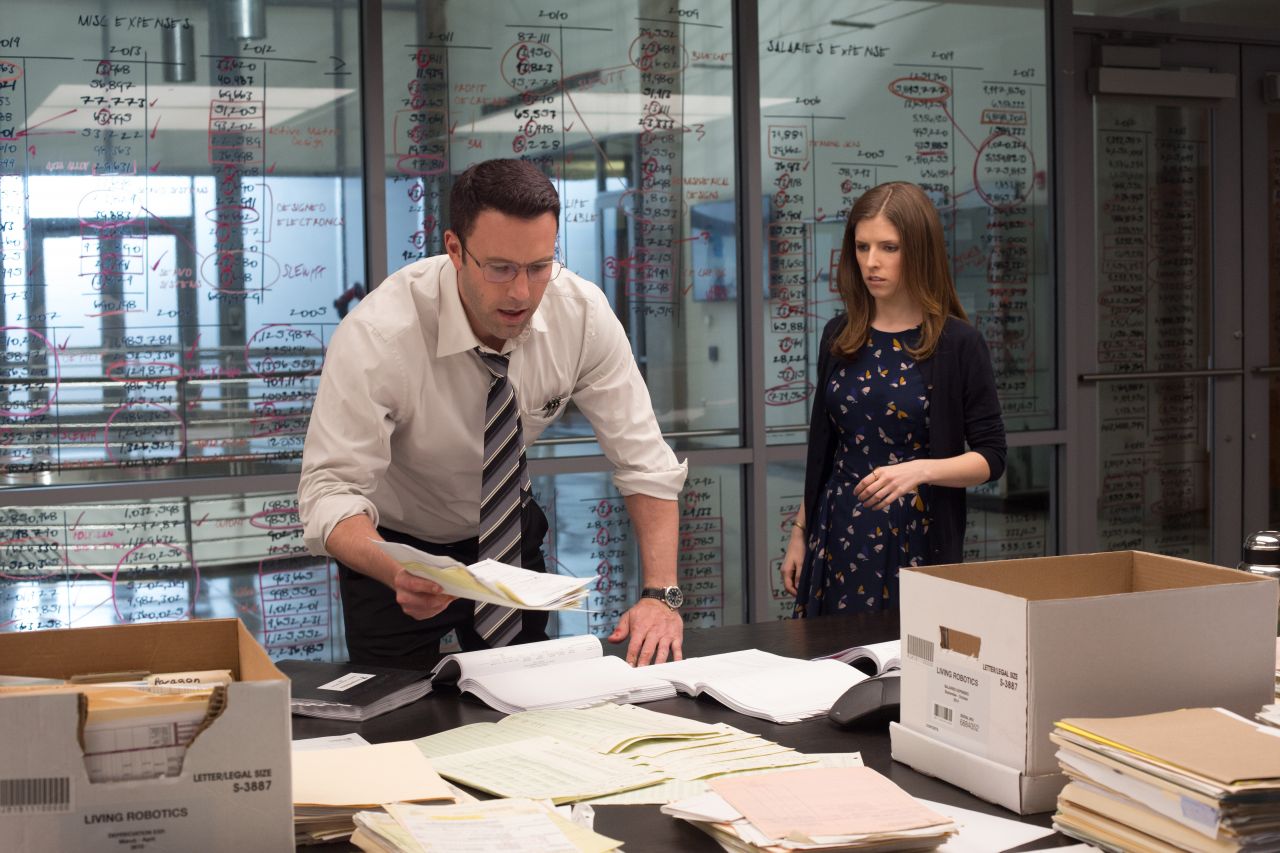 Is Anna Kendrick Essential For The Accountant 3 Evidence From The Accountant 2
May 04, 2025
Is Anna Kendrick Essential For The Accountant 3 Evidence From The Accountant 2
May 04, 2025 -
 Blake Lively Vs Anna Kendrick Unpacking The Rumored Rivalry
May 04, 2025
Blake Lively Vs Anna Kendrick Unpacking The Rumored Rivalry
May 04, 2025 -
 Anna Kendricks Real Age A Closer Look At The Actresss Longevity
May 04, 2025
Anna Kendricks Real Age A Closer Look At The Actresss Longevity
May 04, 2025 -
 Fans React To Anna Kendricks Upcoming Milestone Birthday
May 04, 2025
Fans React To Anna Kendricks Upcoming Milestone Birthday
May 04, 2025 -
 Why The Accountant 3 Needs Anna Kendrick A Case Built On The Accountant 2
May 04, 2025
Why The Accountant 3 Needs Anna Kendrick A Case Built On The Accountant 2
May 04, 2025
